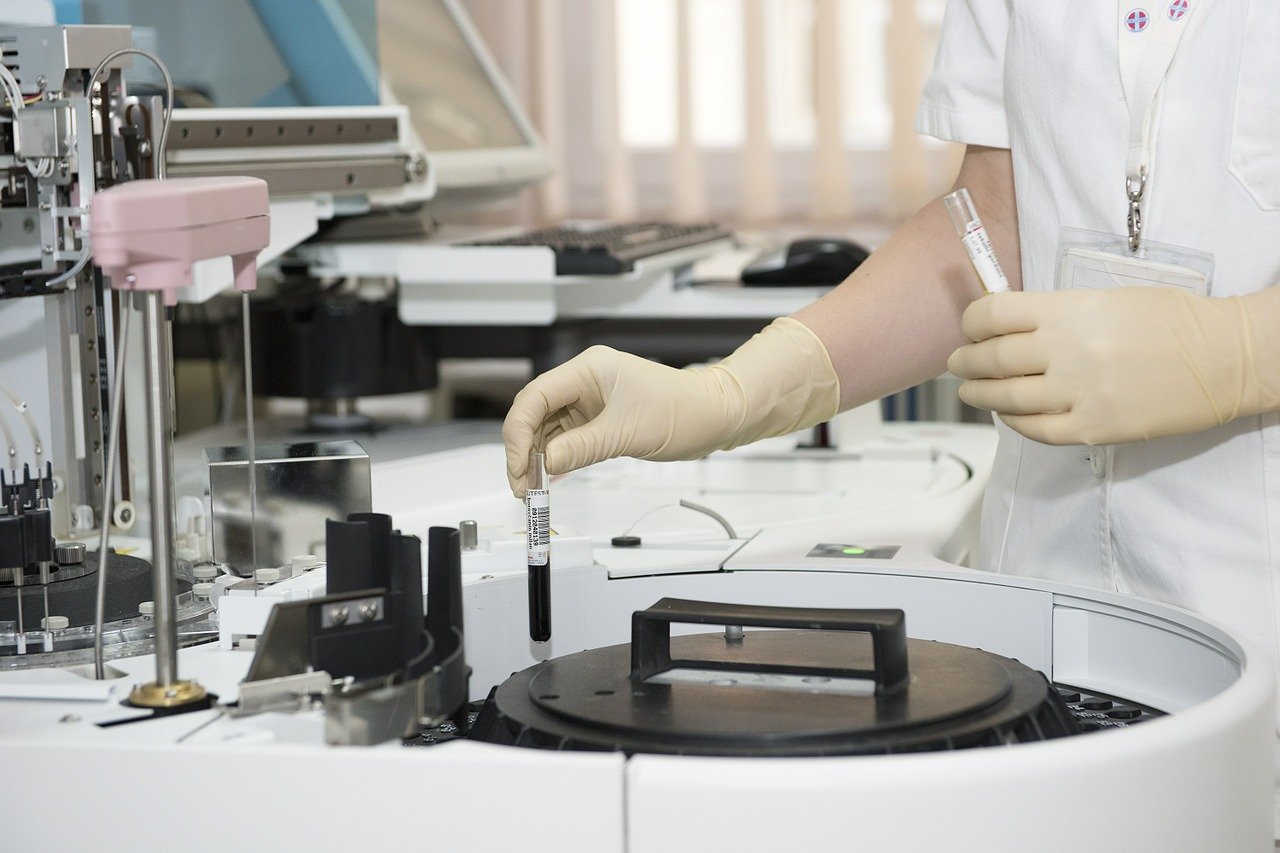08 Sep The great entrepreneurship moment of Madrid healthcare ecosystem

Researchers turned entrepreneurs ask for more training, access to funding and to promote the entrepreneurship culture in the scientific profession.
In the last 18 months 4 new hospital spin-off have been approved with the support of GENESIS Biomed
Madrid region is living a great moment of creation of new spin-off from healthcare institutions. Until now GENESIS Biomed has helped in the foundation of four spin-off in the region and it is actively working to drive entrepreneurship across healthcare institutions. The consultancy firm has a contract with Madrid Regional Health’s Ministry to work on a regulation for the creation of hospital’s spin-off which will be presented in the near future.
Other key actors driving this momentum are platforms such as ITEMAS and the innovation units at Madrid hospitals, which are supporting scientists that want to take their project to market with the double goal of improving patients’ lives and helping the healthcare system save some costs.
One of the spin-off that will be in place very soon is POSITIVE, created by Dr Leocadio Rodríguez-Mañas and researcher Rodrigo Pérez-Rodríguez, both working at the Biomedical Research Foundation of Hospital Universitario de Getafe. The team has developed a technological infrastructure to measure and prevent frailty, fruit from a project from the Geriatrics Department at the hospital. Pérez-Rodríguez says the “encouragement” they had from the Madrid Health Service (SERMAS) was key to “transform into a private entity the research we had been doing for years”. He believes that there is a lack of entrepreneurship culture in healthcare and that “more funding and stability is needed in order to execute your projects”.
Telara Pharmaceuticals was born thanks to the long years of research done by Dr Alberto Tejedor, former Director of the Nephrology Department at Hospital Universitario Gregorio Marañón, who sadly passed away from Covid-19 last May. Dr Tejedor discovered that a compound called Cilastatin could help prevent and treat acute renal failure, “still an unmet medical need”, says Dr Alberto Lázaro, the researcher in Tejedor’s team that is now leading the project. The group filed a patent in 2008 and today is working to launch the drug to the market. Dr Lázaro believes that ”more education on entrepreneurship at research centres is needed” as well as “the creation of specific innovation units to help researchers in this new and sometimes frightening world”. He advocates for more economic support and for the need of a “structural link between pharma industry and hospitals”. Lázaro also recommends that researchers stablish collaboration agreements with companies specialising in innovation -such as GENESIS Biomed- in order to work together in the creation of new companies.
The “obligation” of creating your own company
Another researcher that decided to create his own company is Andreu Climent, a PhD in Electronics, founder and CEO at Corify Care, a company born from the collaboration of Hospital General Universitario Gregorio Marañón and Valencia’s Universitat Politècnica. The company develops a technology that improves the standard of care of atrial fibrillation in a non-invasive way.
“As a clinical scientist, my goal is to improve patients’ quality of life and clinicians work. If you believe in your project and the results are solid, I think you have the obligation of creating your own company”, says Climent, who admits that “for a new technology to be available to patients, an enormous effort in innovation and transference is needed”. The entrepreneur believes that scientists that want to create a company need “the capacity of adapting to new circumstances and to take risks, as well as building a great network of contacts to learn from other entrepreneurs”. He believes that getting external help is key and that universities should adapt to new times and train students in entrepreneurship.
A new company born in Madrid’s Primary Care
Primary Care doctor Eduardo Olano and a team of medical professionals from Primary Care Biomedical Research and Innovation Foundation (FIIBAP) believed that their research project could have important benefits for patients and decided to create a company in order to reach as many patients as possible. Déj@loBot is a chatbot that helps smokers quit their harmful habit. A new clinical trial is underway to prove that this digital intervention can make a difference for smokers. “The evidence about the effectiveness of ICT tools in healthcare is becoming more solid. These tools allow us to be ubiquitous, efficient and to do public health interventions closer to patients”, explains Dr. Olano, who has been working with his team in this field since 2007. However, Olano says that “it is really hard” to be a healthcare entrepreneur: “I am sure that many great projects don’t see the light, we are loosing a lot of talent. Only the most resilient try to take forward their innovation.”
For Josep Lluís Falcó, CEO and founder at GENESIS Biomed, “it has been extremely satisfying to see that these great research projects have successfully been transformed into a company”. Among other services, GENESIS Biomed has helped in the preparation of the Business Plan and in raising funds.
Currently the consultancy firm is working with three Madrid hospitals in the creation of 4 new spin-off that will be created in the next few months.
GENESIS Biomed -that recently opened a new office in Madrid- actively encourage researchers to create spin-off with the hope that their innovation will make life better for patients.


